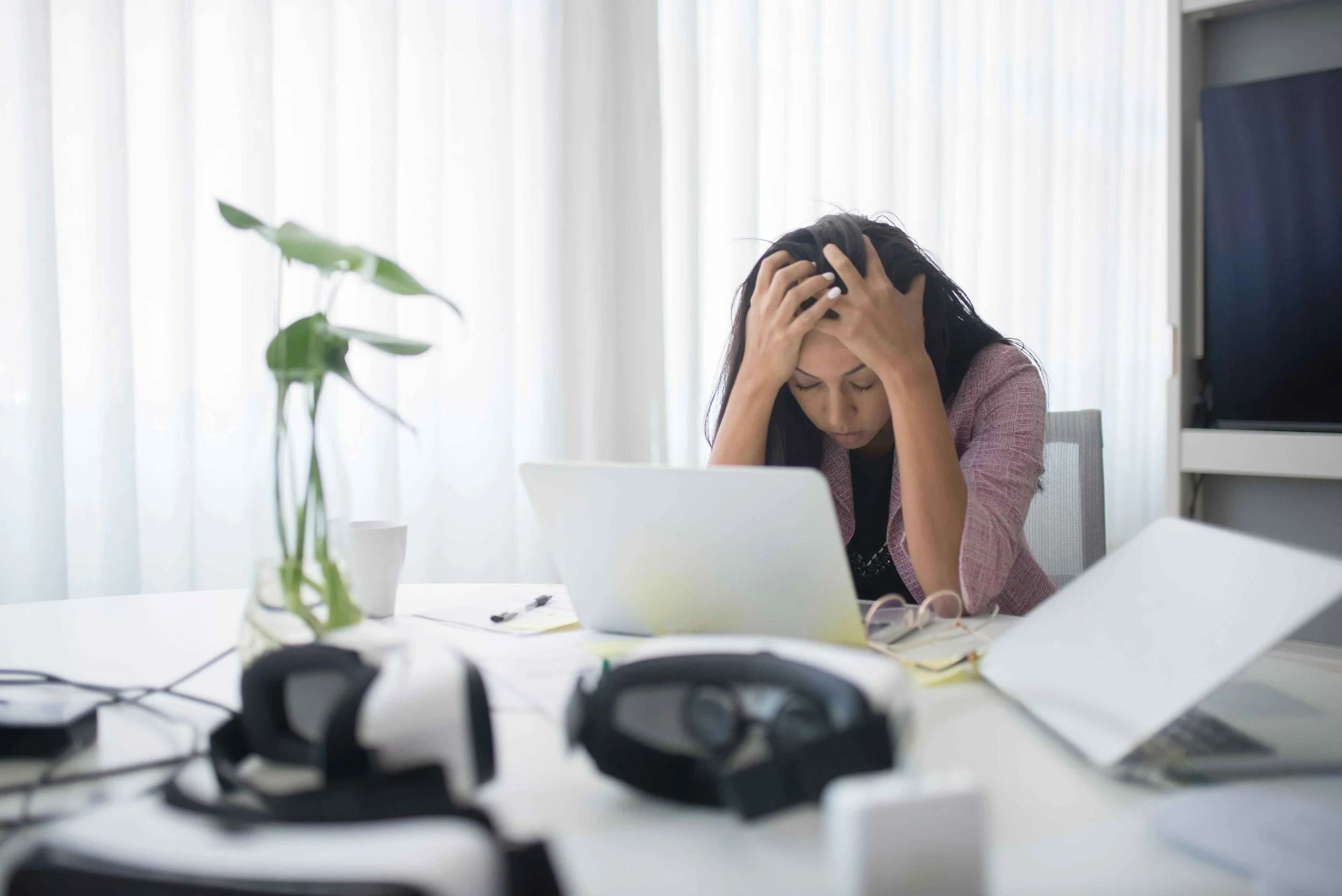Asexuality is often misunderstood as a single, fixed experience, but for many people, it is far more nuanced than that. At its core, asexuality describes experiencing little to no sexual attraction but how that shows up can vary widely from person to person. Some asexual people may never feel sexual attraction at all, while others experience it rarely, under specific circumstances, or with fluctuating intensity over time. This diversity has led many within the community to describe asexuality not as a strict category, but as a spectrum.
Understanding asexuality as a spectrum helps make space for identities such as graysexual and demisexual, as well as for asexual people who still desire romantic relationships, intimacy, or even sex itself. It challenges the idea that attraction, desire, and behavior must always align, and invites a more inclusive conversation about how people experience connection. Exploring the asexual spectrum is not about creating more labels, it is about recognizing the complexity of human experience and validating those who have long felt unseen or misunderstood.






















